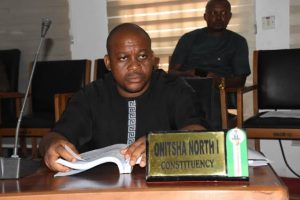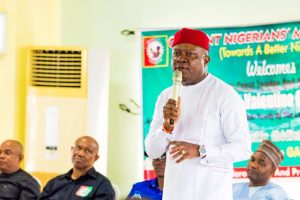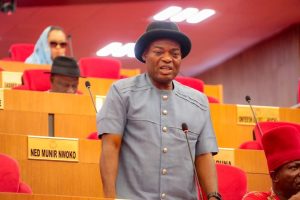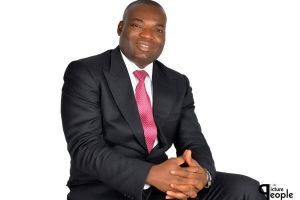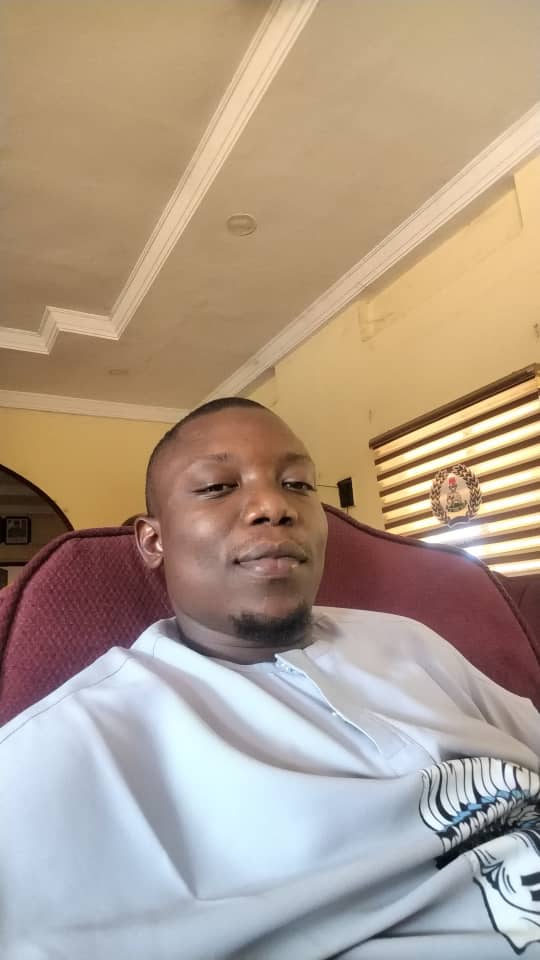
I saw an online report about the arrest of a music singer, Franklyn Nwobodo, by unknown elements without any uniform who claimed that they were from one of our security agencies on the day of his birthday, February 12th, 2025. Since then, no security agency has agreed to have him in their custody. This has made the family declare him missing.
It has always been like that recently in Enugu. One would wonder why security agencies would appear with a gun without any uniform and expect someone to be loyal amidst the insecurity that is everywhere. One of the security agencies known for this unprofessional attitude is the Nigerian police, whose officers usually stand on the road carrying guns without their full regalia. Most often, at night, these guys will be six at a checkpoint with only one or two wearing uniforms. Some who go on patrol with private vehicles don’t even wear any. If we care about our security and want to manage the vast insecurity, there is a need for a pronouncement against the use of mufti by security agencies.
For instance, as the Inspector General of Police during his tenure, Tafa Balogun made it unequivocally clear that officers operating without proper identification posed a significant threat to public trust and accountability within the Nigeria Police Force. Recognizing the rising cases of misconduct, extortion, and unlawful detentions by officers who failed to wear their uniforms while on duty, Balogun issued a firm directive:
“No officer under my command shall engage in any official duty without wearing the approved uniform and carrying proper identification. Any officer found disregarding this directive will face immediate disciplinary action, including dismissal.”
To enforce this stance, he deployed special monitoring units tasked with apprehending errant officers who operated in plainclothes without authorization. This was part of his broader effort to reform the force and restore public confidence.
Then there was sanity within the Nigerian police force.
However, the resurgence of security personnel operating in mufti has eroded the discipline once instilled by such directives. Today, many officers disregard the necessity of proper identification, creating an environment where criminal elements can easily disguise themselves as law enforcement. The case of Franklyn Nwobodo, abducted on his birthday by unidentified men claiming to be security agents, is yet another troubling example of this dangerous trend. Without accountability, these incidents will continue to fuel fear and distrust among citizens.
It is even more alarming that no security agency has stepped forward to claim responsibility for his arrest, leaving his family in anguish and forcing them to declare him missing. This deliberate silence not only raises questions about the legitimacy of the so-called operatives who took him but also highlights the systemic failure of security agencies to adhere to the basic principles of transparency and professionalism. In a nation struggling with insecurity, the last thing citizens need is uncertainty about whether those wielding guns in plainclothes are genuine officers or criminals in disguise.
If we are to complement the efforts of Governor Peter Ndubuisi Mbah of Enugu State on security, there is a need for a pronouncement banning people who are not in uniform from embarking on any legal work for our security agencies. It is true that some criminal elements make use of camouflage, but this step can help a lot in giving the citizens and denizens the needed confidence to trust our security agencies.
If there is to be any hope of restoring public confidence, there must be an unequivocal pronouncement banning the use of mufti during security operations, except in cases of authorized intelligence work. Any officer who engages in official duties without a proper uniform should face immediate disciplinary measures. The Nigerian people deserve a police force that does not operate in shadows but stands visible, accountable, and committed to its duty of protecting lives and property.
By: Sebastine chukwuebuka Okafor


